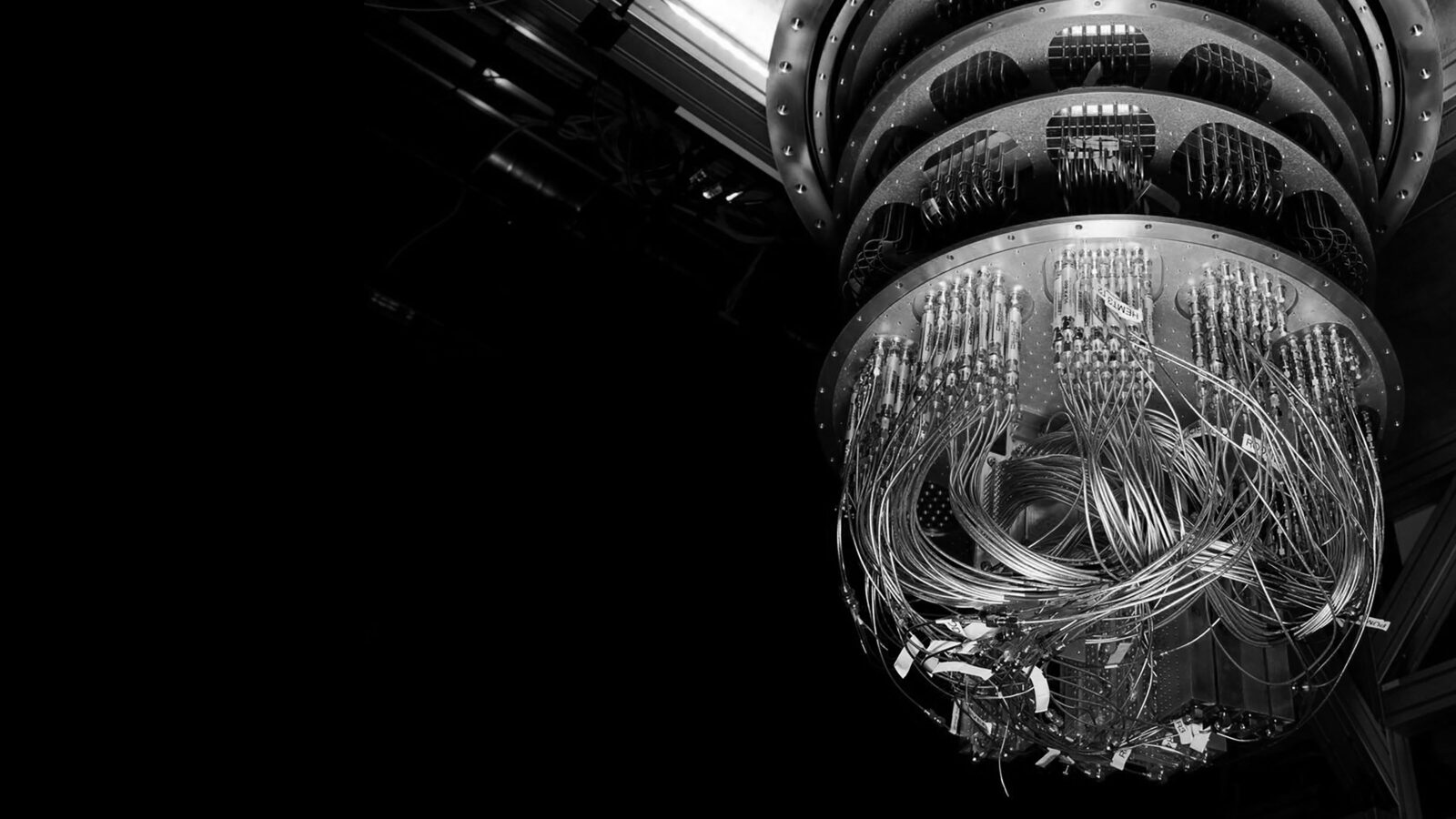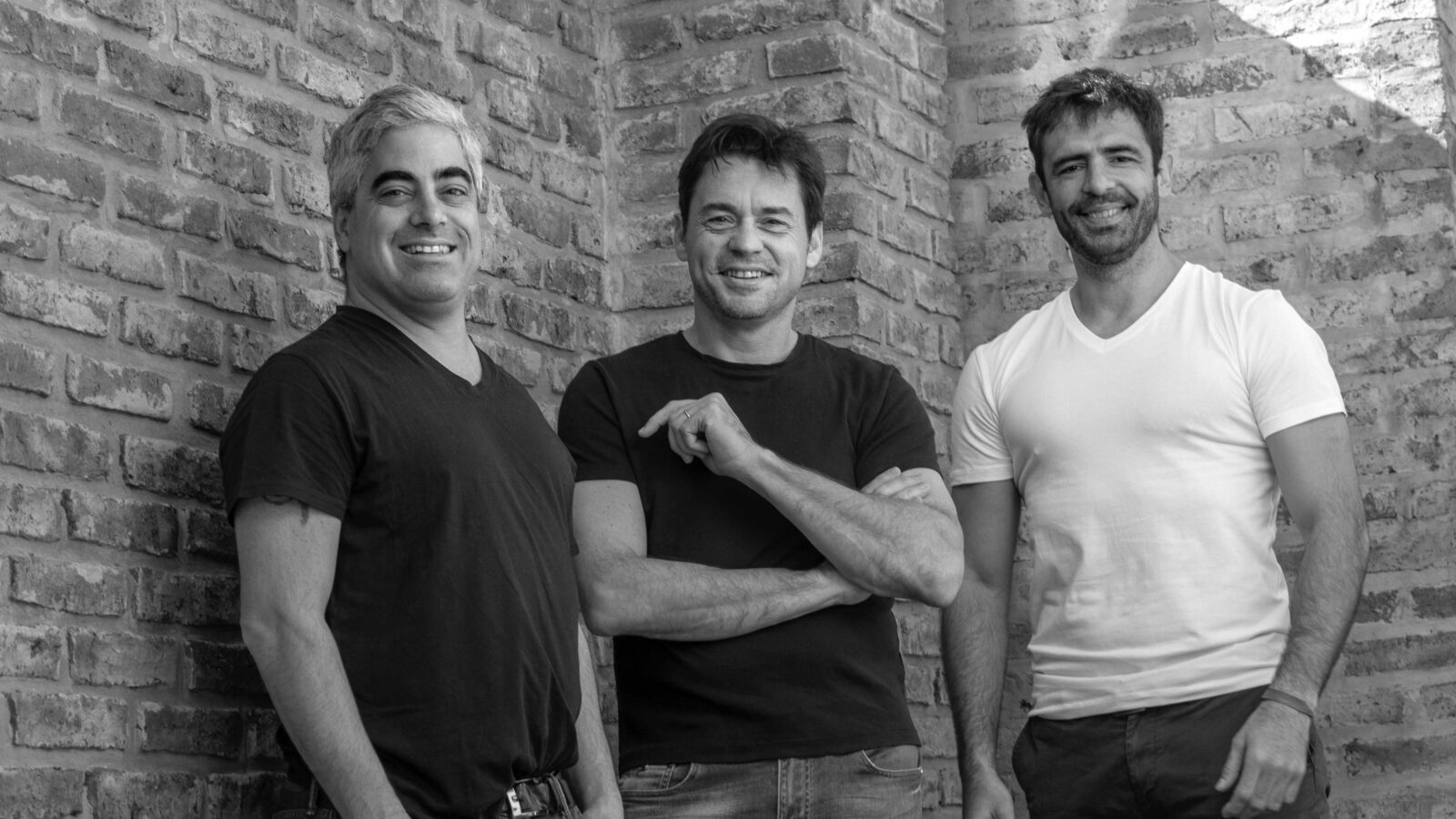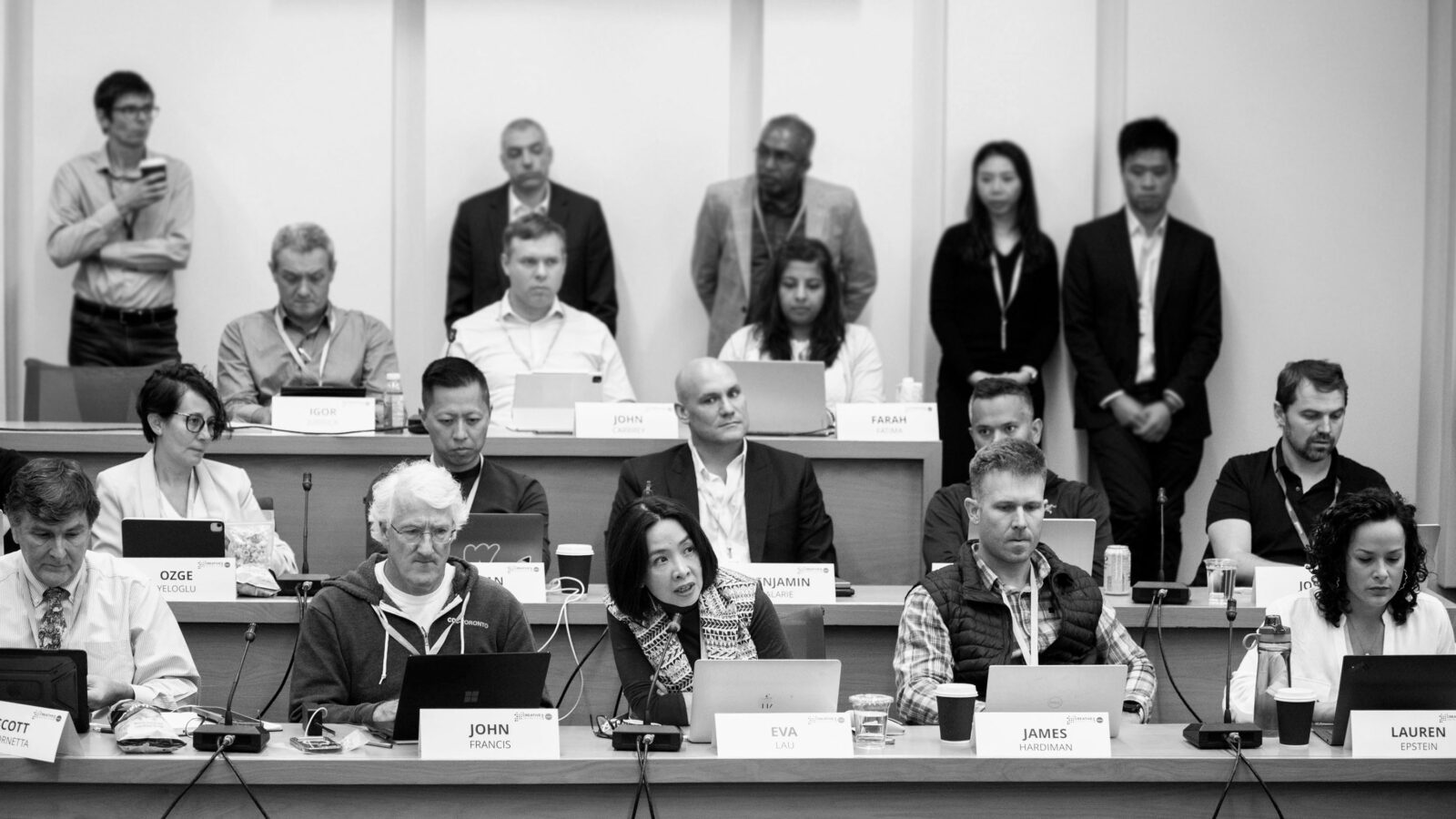Creative Destruction Lab’s Quantum Hackathon was delivered virtually this year, but its winning teams came up with solutions as creative and practical as ever.
Sixty-eight participants from CDL’s Quantum stream took part in the Hackathon, which asks teams to develop a quantum software project or application in just 48 hours. Participants used the quantum platforms provided by CDL’s technical partners to produce a set of code that implements a quantum algorithm for a chosen application.
The technical partners also presented relevant problems, or challenges, for inspiration. Teams then decided which problem to tackle on their own.
The challenges presented this year were:
- IBM Q asked teams to use Qiskit Pulse to program quantum computers at higher energy states than are typically used;
- Xanadu suggested teams choose their favourite scientific paper proposing a quantum algorithm that could be run on small-scale devices and implement it on a simulator using PennyLane or Strawberry Fields;
- D-Wave challenged CDL teams to select a practical problem and solve it at scale with Leap’s hybrid solvers (BQM and DQM hybrid solvers);
- And Rigetti supplied an amplitude encoding subroutine, which encodes classical data into quantum states, and asked teams to use it to implement a quantum machine learning algorithm.
Sixteen teams competed for overall prizes, as well as the technology-specific challenges listed above. The following teams won the top three overall slots:.
SSRSA won first place and $5,000 for its project to implement various quantum algorithms on weather-related image data for better predictions and detection of events such as forest fires. The team members were Saesun Kim, Ricky Young, Ritaban Chowdhury, Silvia Tzenkova and Ashish Mani.
CosmiQ won $2,000, second place overall and the IBM and D-Wave challenges. The team, made up of Henry Makhanov, Oleg Foranev, Ray Ushnish, Rodrigo A. Vargas-Hernandez, Alice Barthe, used multi-level quantum states (qudits) to solve financial portfolio optimization problems more effectively than qubit-based algorithms.
In third place was ZebraKet, consisting of Alex Khan, Theo Cleland, Ehsan Torbizadeh, Ziwei Qiu. They took home $1,000 for applying D-Wave to tackle inventory optimization problems.
“What I loved about this year’s teams is that they attacked the projects with impressive technical chops – but also with unbridled creativity.” – Roger Melko, Professor, University of Waterloo & Perimeter Institute for Theoretical Physics and Scientific Lead, CDL-Toronto, Quantum
CDL’s Quantum Hackathon is one module in its Quantum Bootcamp. Because quantum technology is so new, and the global talent pool is so small, CDL’s Bootcamp ensures founders have the chance to learn from experienced leaders in this space and meet people with complementary skill sets. Three to six new startups are formed at CDL’s Quantum Bootcamp every year.
Learn more about CDL’s Quantum stream here.





